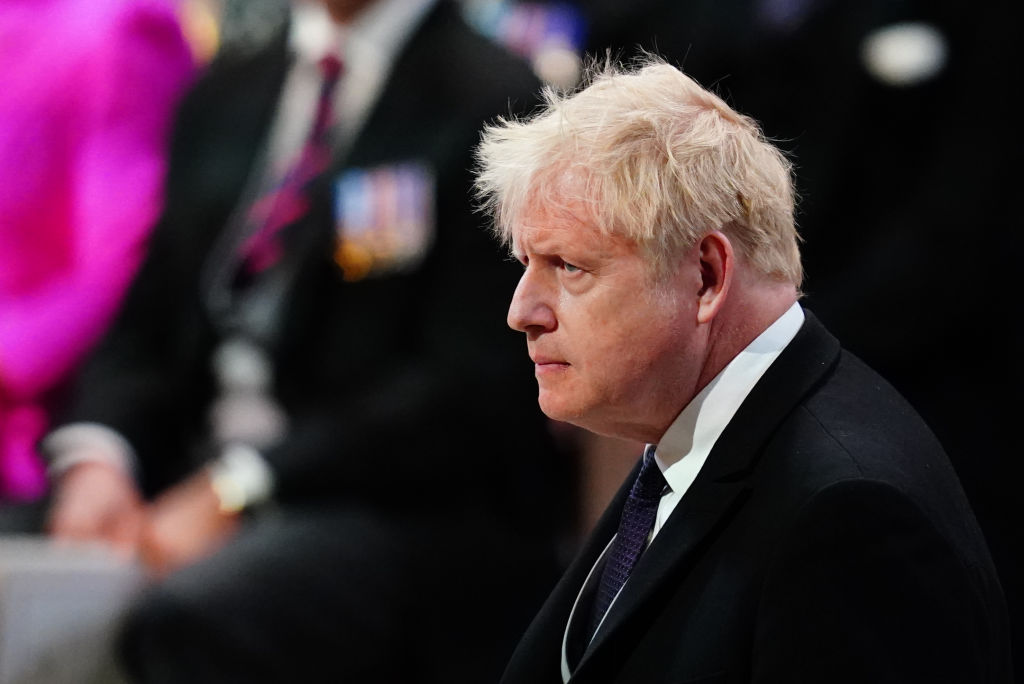British Prime Minister Boris Johnson will this evening, Monday, June 6, face a vote of no-confidence from his party’s Tory rebels. If a straight majority of conservative Members of Parliament vote against him, the party will begin the process of electing a new leader from among their ranks. But what has Johnson done to so irk his own side? And by what process do the rebels hope to remove the sitting Prime Minister?
A Party Problem
In the United Kingdom, a general election decides which party has power rather than voting for an individual; the Prime Minister is chosen by the parliamentary members of the winning party. In 2019, Johnson led the Conservative Party to a stunning victory in which his party captured 365 of the 650 seats available in the House of Commons. To put this in perspective, the second-place party – the Labour Party – won a mere 202, its worst result in more than 80 years.
This result is landslide territory and was achieved mainly through Johnson winning over traditional northern Labour voters with his promise to fulfill the Brexit deal finally. In the immediate aftermath, it was widely agreed that Brexit was the chief motivator of the electorate.
But not all Conservative MPs favored leaving the European Union. In fact, there exists a vocal minority that appears willing to hand power to the Labour Party if it means the nation could rejoin the European Union. And it is this group leading the charge against Boris.
The Mechanics
 As it will only be Conservative MP’s voting tonight between 6 p.m. and 8 p.m. local time (+5hrs EST), the rebels need a simple majority to unseat Johnson. However, when looking at the numbers, it seems extremely unlikely to happen. To call for a no-confidence vote, 15% of party MPs have signed up for it (presently, this equates to 54 MPs). The letters of no confidence have been submitted, so as per parliamentary rules, the vote will now go ahead.
As it will only be Conservative MP’s voting tonight between 6 p.m. and 8 p.m. local time (+5hrs EST), the rebels need a simple majority to unseat Johnson. However, when looking at the numbers, it seems extremely unlikely to happen. To call for a no-confidence vote, 15% of party MPs have signed up for it (presently, this equates to 54 MPs). The letters of no confidence have been submitted, so as per parliamentary rules, the vote will now go ahead.
Should 180 MPs vote against the Prime Minister, a leadership election will be held in which Johnson will be permitted to compete. The winner of this contest will become the Prime Minister.
Still, EU Remainers are a minority within the party, and it is expected that “no votes” will fail to muster anywhere near the requisite numbers.
But Why?
Ostensibly, the reason given for the vote of no-confidence is the PM’s falling approval numbers. He presently sits on a 26% approval rating, seven points lower than when he first took office in July 2019. Behind this drop in popularity is the well-publicized “PartyGate” scandal. This event, involving accusations of alcohol-fueled parties taking place at No.10 Downing Street during the COVID-19 lockdown period, has been heavily hyped by the media.

(Photo by Aaron Chown/PA Images via Getty Images)
It is worth noting the actual events, though. Downing Street is not only the Prime Minister’s residence but also a place of work for hundreds of civil servants. On Johnson’s birthday, staff presented him with a cake and a glass of alcohol; all told, this event lasted a short time and was a surprise for the PM. These facts did not prevent the left-leaning media from demanding “accountability.” The “party” has dominated UK headlines ever since.
When we consider that the majority of those backing Johnson’s removal are the same MPs who have been advocating for rejoining the European Union, it seems likely that this proposed ousting is yet another attempt at derailing the 2016 Brexit vote in which a majority of the British public chose to cut ties with the EU.
Johnson will almost certainly survive tonight’s vote, but he will be left all the weaker for it… and perhaps that was the plan all along.



